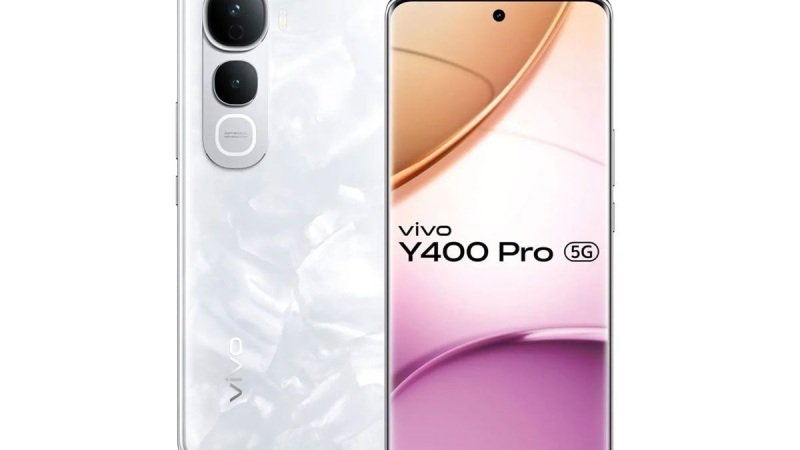Maruti Suzuki, the country’s largest carmaker, is gearing up to launch its first electric vehicle (EV) by the end of this fiscal year, focusing on creating a comprehensive ecosystem to address common concerns like range anxiety, charging infrastructure, and the resale value of battery-powered vehicles. Hisashi Takeuchi, Maruti Suzuki’s Managing Director, stated that the company would also export its EVs to markets in Europe and Japan, aiming to boost consumer confidence.
In addition to the domestic market, the company plans to offer a suite of services designed to ease the transition to electric vehicles for its customers. Leveraging its extensive network, Maruti Suzuki intends to provide strong after-sales support, offering customers reassurance and tackling issues like charging and maintenance. Takeuchi shared these insights during the 64th Annual Convention of the Society of Indian Automobile Manufacturers (SIAM). The company is set to unveil its first EV, a mid-size SUV called eVX, at the Bharat Mobility Show next year. This model will feature a driving range exceeding 500 kilometers, addressing one of the primary concerns for EV users.
Partho Banerjee, senior executive officer of marketing and sales at Maruti Suzuki, noted that the top issues for EV buyers are the vehicle’s range, the lack of adequate charging infrastructure, and the long-term value of the vehicle after several years of use. These concerns are being closely considered as Maruti Suzuki prepares to roll out its electric vehicles.
Aside from EVs, Maruti Suzuki is also planning to introduce strong hybrid models, as well as hydrogen and bio-fuel-powered vehicles, as part of its efforts to reduce carbon emissions and cut down on oil consumption. Takeuchi emphasized India’s potential in biofuels, pointing out the country’s rich natural resources that can produce bio-waste, which can then be converted into biofuels. According to him, biofuels have a low carbon footprint and, in some cases, may even be carbon-negative. Takeuchi believes India has the potential to become a global leader in biofuels, setting an example for the rest of the world. Furthermore, he highlighted that India could also harness renewable energy sources like solar and wind, urging the country to develop its own unique solutions rather than following other global models.
On the market front, Banerjee commented on the outlook for passenger vehicle sales, which had slowed in the first five months of the fiscal year. He expects demand to pick up during the festive season, driven by healthy monsoon rains and strong agricultural output, which is likely to put more disposable income in the hands of rural consumers. Banerjee noted that there has already been a 10% increase in bookings in Kerala ahead of the Onam festival and a similar rise in Maharashtra and Karnataka during Ganesh Chaturthi. Despite the recent dip in sales, which saw a 2-3% decline to around 350,000-355,000 units in August, there is optimism that the festive season will revive demand, even if year-on-year growth appears modest due to the high sales figures from last year.
Topics #Automobile #Electric Vehicle #EV #Manufacturing #Maruti Suzuki #New CAr #New Electric Vehicle #New EV #New Vehicle #news #Suzuki











